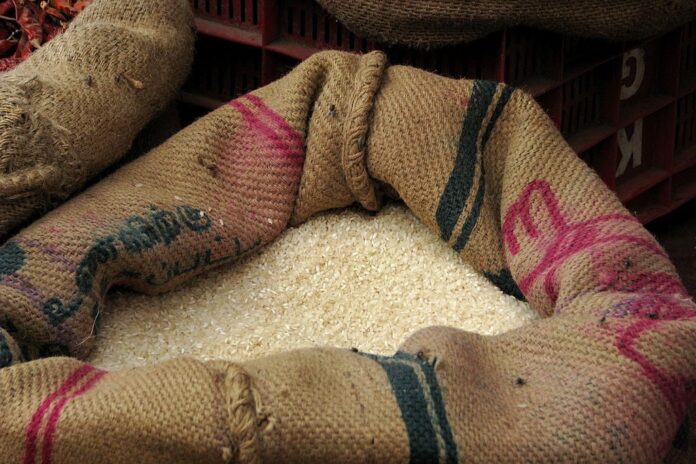In a significant move to tackle surging domestic prices, India recently imposed a ban on non-basmati white rice exports, a staple food for billions around the world. This decision has triggered widespread concern and panic buying, leading to empty rice shelves at Indian grocery stores in the US and Canada, subsequently driving up prices in the global market.
India, being the world’s largest rice exporter, accounts for around 40% of the global trade in rice. The ban on the relatively cheaper Indica white rice, which constitutes approximately 70% of the global trade, has raised fears about soaring global rice prices. IMF chief economist Pierre-Olivier Gourinchas predicts that the ban could lead to a 15% increase in global grain prices this year.
This export ban comes at a time when global rice prices have been rising steadily since early 2022, with a 14% increase recorded since last June. Adverse weather conditions, including uneven monsoon rains in India and floods in Pakistan, have affected supplies, while rising fertilizer prices have further strained rice production costs. Currency devaluation and high inflation have also increased import costs for many countries, compounding the problem.
Moreover, the ban comes amidst a worldwide rice shortage as the new crop is still about three months away from entering the market. Importers are finding themselves constrained, raising concerns about whether they can cope with further price increases. Countries such as China, the Philippines, and Nigeria, which heavily rely on Indian rice imports, face potential food security challenges due to this ban.

India, with a staggering stockpile of 41 million tonnes of rice, more than three times the buffer requirement, aims to ensure food security for its population through the Public Distribution System (PDS). Nevertheless, it must address domestic food inflation that has risen over 30% since last October, putting political pressure on the government ahead of upcoming elections.
Experts believe that the ban is a precautionary measure to address an anticipated production shortfall, especially with the El Nino weather pattern expected to affect rice-growing regions in the south later in the year. However, many argue that export bans, especially on a crucial staple like rice, can be detrimental to global food security. Over 50% of rice imports in about 42 countries come from India, and in many African nations, India’s market share in rice imports exceeds 80%. The bans disproportionately affect vulnerable populations, forcing them to reduce food consumption or turn to less nutritious alternatives.
As global food crises intensify, India’s export ban adds to a growing list of countries imposing restrictions on food trade. With the number of countries imposing export restrictions rising since the Russian invasion of Ukraine, concerns about food security and price spikes continue to mount.
India’s role as a responsible leader in the Global South is at risk if it continues such abrupt bans, making it appear an unreliable supplier. Collaborative efforts are needed to address global food challenges and ensure the availability of essential staples for vulnerable populations worldwide. As the world grapples with the implications of this ban, nations must come together to find sustainable solutions and safeguard global food security for the future.


